Dry roasted peanuts are a popular snack enjoyed by many, thanks to their crunchy texture and savory flavor. However, if you have type 2 diabetes, you may be wondering whether these tasty treats are a safe choice for you. In this article, we will explore the connection between dry roasted peanuts and type 2 diabetes, including their impact on blood sugar levels, nutritional value, and potential health benefits. Let’s delve into the details to help you make informed decisions about including dry roasted peanuts in your diet. **Understanding Type 2 Diabetes** Type 2 diabetes is a chronic condition characterized by elevated levels of blood sugar (glucose) resulting from the body’s inability to effectively use insulin or produce enough of it. Insulin is a hormone produced by the pancreas that helps regulate blood sugar levels by facilitating the uptake of glucose into cells for energy production. When this process is disrupted, blood sugar levels can become too high, leading to various health complications.
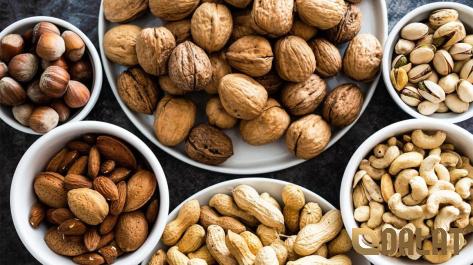
.
 **The Role of Diet in Managing Type 2 Diabetes** Diet plays a crucial role in managing type 2 diabetes. Monitoring your carbohydrate intake, choosing foods with a low glycemic index, and maintaining a balanced diet are essential for keeping blood sugar levels in check. When it comes to snacks like dry roasted peanuts, understanding their nutritional composition and impact on blood sugar is important for individuals with diabetes. **Nutritional Profile of Dry Roasted Peanuts** Dry roasted peanuts are a nutrient-dense food rich in essential nutrients such as protein, healthy fats, fiber, vitamins, and minerals. A one-ounce (28-gram) serving of dry roasted peanuts typically provides around 170 calories, 7 grams of protein, 6 grams of carbohydrates, 15 grams of fat (predominantly monounsaturated and polyunsaturated fats), and 2 grams of fiber. Peanuts are also a good source of vitamin E, niacin, folate, magnesium, and zinc. **Impact of Dry Roasted Peanuts on Blood Sugar Levels** One concern for individuals with type 2 diabetes is the potential impact of dry roasted peanuts on blood sugar levels. While peanuts contain carbohydrates, the fiber and protein content in peanuts can help slow down the absorption of sugar into the bloodstream, leading to a more gradual rise in blood sugar levels compared to high-carbohydrate snacks. This can be beneficial for individuals with diabetes as it may help prevent sharp spikes in blood sugar.
**The Role of Diet in Managing Type 2 Diabetes** Diet plays a crucial role in managing type 2 diabetes. Monitoring your carbohydrate intake, choosing foods with a low glycemic index, and maintaining a balanced diet are essential for keeping blood sugar levels in check. When it comes to snacks like dry roasted peanuts, understanding their nutritional composition and impact on blood sugar is important for individuals with diabetes. **Nutritional Profile of Dry Roasted Peanuts** Dry roasted peanuts are a nutrient-dense food rich in essential nutrients such as protein, healthy fats, fiber, vitamins, and minerals. A one-ounce (28-gram) serving of dry roasted peanuts typically provides around 170 calories, 7 grams of protein, 6 grams of carbohydrates, 15 grams of fat (predominantly monounsaturated and polyunsaturated fats), and 2 grams of fiber. Peanuts are also a good source of vitamin E, niacin, folate, magnesium, and zinc. **Impact of Dry Roasted Peanuts on Blood Sugar Levels** One concern for individuals with type 2 diabetes is the potential impact of dry roasted peanuts on blood sugar levels. While peanuts contain carbohydrates, the fiber and protein content in peanuts can help slow down the absorption of sugar into the bloodstream, leading to a more gradual rise in blood sugar levels compared to high-carbohydrate snacks. This can be beneficial for individuals with diabetes as it may help prevent sharp spikes in blood sugar.
..
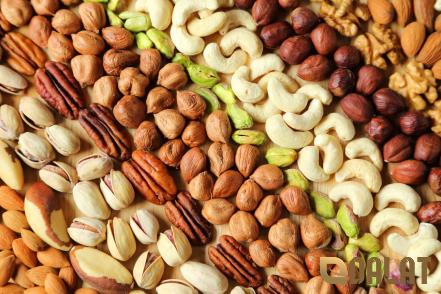 **Glycemic Index of Dry Roasted Peanuts** The glycemic index (GI) is a scale that ranks carbohydrate-containing foods based on their effect on blood sugar levels. Foods with a low GI (55 or less) are digested and absorbed more slowly, causing a gradual rise in blood sugar levels. Dry roasted peanuts have a low GI, typically ranging from 14 to 23, making them a suitable snack option for individuals with diabetes. **Health Benefits of Dry Roasted Peanuts for Individuals with Type 2 Diabetes** 1. **Weight Management:** The combination of protein, fiber, and healthy fats in dry roasted peanuts can promote satiety and help control appetite, potentially aiding in weight management—a key factor in managing type 2 diabetes. 2. **Heart Health:** The monounsaturated and polyunsaturated fats in peanuts have been associated with improved heart health by reducing LDL (bad) cholesterol levels and lowering the risk of cardiovascular diseases, which are common complications of diabetes. 3. **Blood Sugar Control:** The slow release of sugar from peanuts due to their protein and fiber content can help stabilize blood sugar levels and prevent sudden spikes, promoting better glycemic control for individuals with diabetes. 4. **Nutrient Density:** Peanuts are a nutrient-dense food rich in vitamins, minerals, and antioxidants that play a role in overall health and well-being, which is important for individuals with diabetes who may have nutrient deficiencies.
**Glycemic Index of Dry Roasted Peanuts** The glycemic index (GI) is a scale that ranks carbohydrate-containing foods based on their effect on blood sugar levels. Foods with a low GI (55 or less) are digested and absorbed more slowly, causing a gradual rise in blood sugar levels. Dry roasted peanuts have a low GI, typically ranging from 14 to 23, making them a suitable snack option for individuals with diabetes. **Health Benefits of Dry Roasted Peanuts for Individuals with Type 2 Diabetes** 1. **Weight Management:** The combination of protein, fiber, and healthy fats in dry roasted peanuts can promote satiety and help control appetite, potentially aiding in weight management—a key factor in managing type 2 diabetes. 2. **Heart Health:** The monounsaturated and polyunsaturated fats in peanuts have been associated with improved heart health by reducing LDL (bad) cholesterol levels and lowering the risk of cardiovascular diseases, which are common complications of diabetes. 3. **Blood Sugar Control:** The slow release of sugar from peanuts due to their protein and fiber content can help stabilize blood sugar levels and prevent sudden spikes, promoting better glycemic control for individuals with diabetes. 4. **Nutrient Density:** Peanuts are a nutrient-dense food rich in vitamins, minerals, and antioxidants that play a role in overall health and well-being, which is important for individuals with diabetes who may have nutrient deficiencies.
…
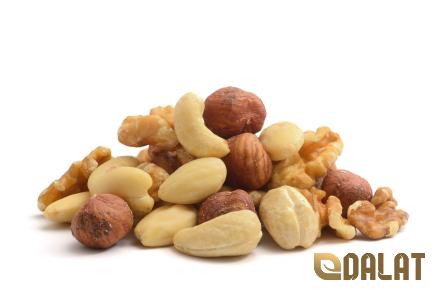 **Considerations for Including Dry Roasted Peanuts in a Diabetic Diet** Despite their potential benefits, it is important to consume dry roasted peanuts in moderation, especially for individuals with diabetes. Here are some considerations to keep in mind: 1. **Portion Control:** Stick to a moderate portion size, such as a small handful of dry roasted peanuts, to avoid consuming excess calories and fats. 2. **Salt and Added Ingredients:** Opt for unsalted dry roasted peanuts or those with minimal added salt and avoid varieties with added sugars, oils, or flavorings that may impact blood sugar levels or overall health. 3. **Incorporate Into a Balanced Diet:** Include dry roasted peanuts as part of a balanced diet that focuses on whole foods, lean proteins, fruits, vegetables, and whole grains to ensure adequate nutrient intake and blood sugar management. **Conclusion** In conclusion, dry roasted peanuts can be a nutritious and satisfying snack option for individuals with type 2 diabetes when consumed in moderation. Their low glycemic index, protein and fiber content, and array of essential nutrients make them a smart choice for managing blood sugar levels and promoting overall health. By understanding how dry roasted peanuts fit into your diabetic diet and making informed choices, you can enjoy this delicious snack without compromising your health goals. Remember to consult with a healthcare provider or dietitian for personalized dietary recommendations tailored to your individual needs and health condition.
**Considerations for Including Dry Roasted Peanuts in a Diabetic Diet** Despite their potential benefits, it is important to consume dry roasted peanuts in moderation, especially for individuals with diabetes. Here are some considerations to keep in mind: 1. **Portion Control:** Stick to a moderate portion size, such as a small handful of dry roasted peanuts, to avoid consuming excess calories and fats. 2. **Salt and Added Ingredients:** Opt for unsalted dry roasted peanuts or those with minimal added salt and avoid varieties with added sugars, oils, or flavorings that may impact blood sugar levels or overall health. 3. **Incorporate Into a Balanced Diet:** Include dry roasted peanuts as part of a balanced diet that focuses on whole foods, lean proteins, fruits, vegetables, and whole grains to ensure adequate nutrient intake and blood sugar management. **Conclusion** In conclusion, dry roasted peanuts can be a nutritious and satisfying snack option for individuals with type 2 diabetes when consumed in moderation. Their low glycemic index, protein and fiber content, and array of essential nutrients make them a smart choice for managing blood sugar levels and promoting overall health. By understanding how dry roasted peanuts fit into your diabetic diet and making informed choices, you can enjoy this delicious snack without compromising your health goals. Remember to consult with a healthcare provider or dietitian for personalized dietary recommendations tailored to your individual needs and health condition.
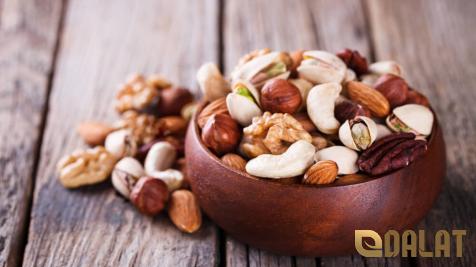
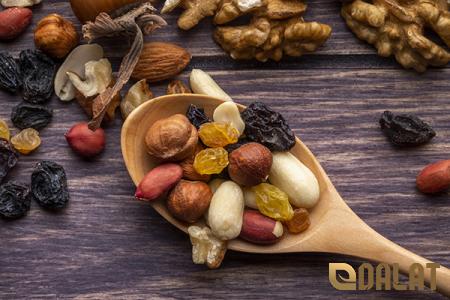
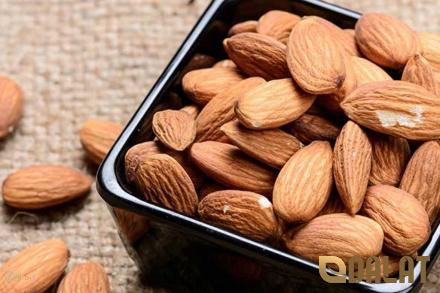
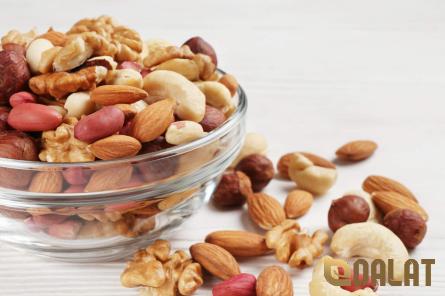
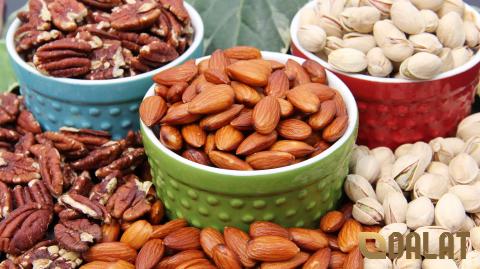
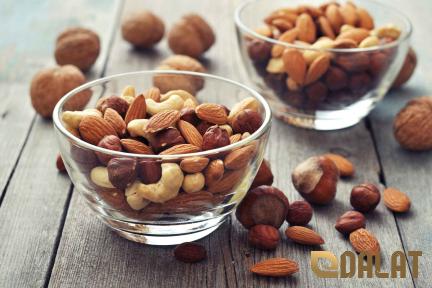
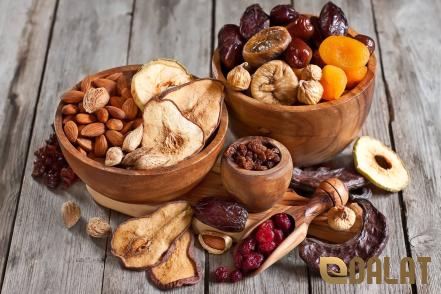
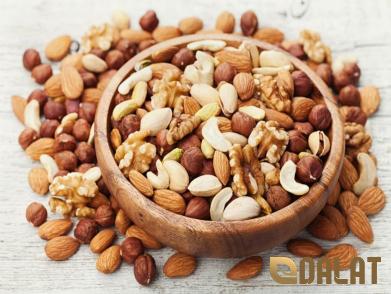
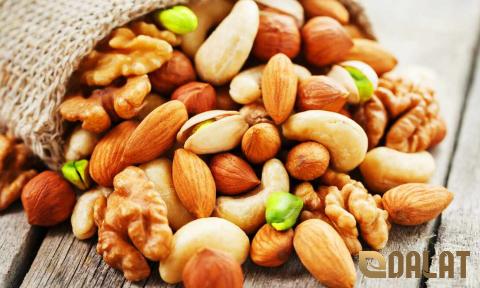
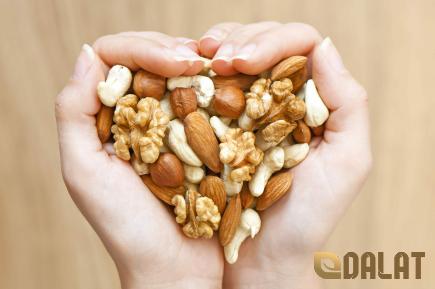
Your comment submitted.